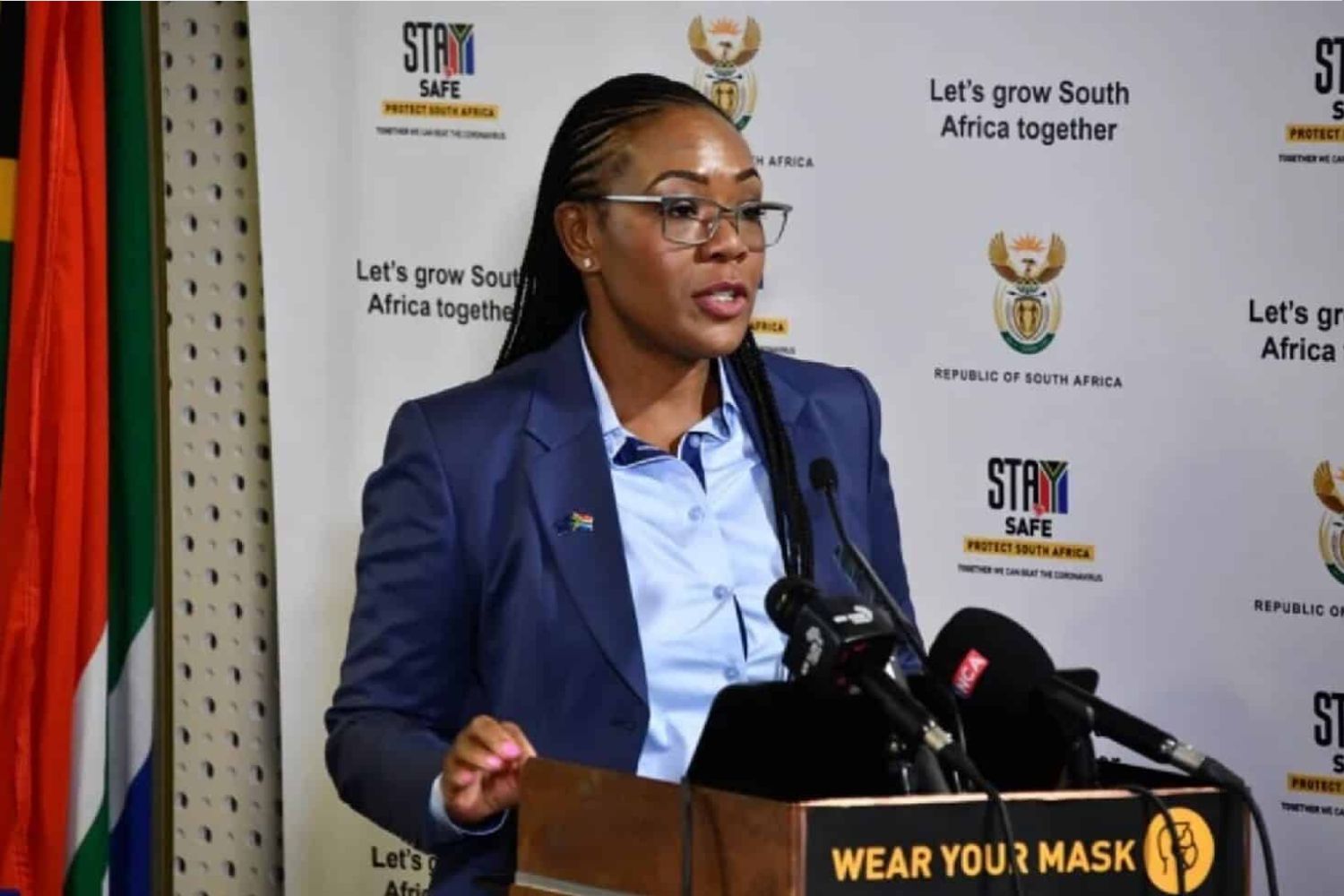AG tells of ‘gradual upward trend’ in public sector audit results
114 auditees were found to have a better audit outcome than in 2018-19, with 46 having a worse outcome.

Auditor-General Tsakani Maluleke. Photo: GCIS
Auditor-General (AG) Tsakani Maluleke has called on government to instil greater accountability within the public sector by instituting disciplinary measures in the cases of shortfalls in the areas of service delivery to the citizenry.
Despite this message, Maluleke confirmed that looking at the outcomes in the latest Public Finance Management Report – PFMR 2021-22 – there has been “a gradual upward trend” in the national and provincial government audit results.
Maluleke said that spheres of government have been gradually improving their ability to report transparently on their finances over the term of the current administration, but there were still deficiencies in financial and performance management.
Overall, 114 auditees were found to have a better audit outcome than in 2018-19, with 46 having a worse outcome – a net improvement in the outcomes of 68 auditees (17%).

The better performing auditees
There were 128 auditees – consisting of 56 departments and 72 public entities – with a clean audit status.
But this, she said, only represents 6% of the R2,58 trillion expenditure budget managed by national and provincial government.
Maluleke said that there were, however, 30 auditees that were very close to obtaining a clean audit, and only need to address one finding on the quality of their financial statements or performance reporting and described this as encouraging.
Worst performing auditees
Key service delivery portfolios namely basic education, health, human settlements, public works, transport, and water and sanitation and the state-owned enterprises were said to consistently have the worst audit outcomes.
“These auditees account for 58% of the outstanding audits and 31% of the modified audit opinions (qualified, adverse and disclaimed),” she explained.
Wasteful expenditure
Over the three-year term of the current administration, auditees have disclosed fruitless and wasteful expenditure totalling to R5,83 billion.
Since 2019, Maluleke’s office has also identified non-compliance and fraud resulting in an estimated R12 billion in financial loss through the material irregularity process.
During the press briefing, Maluleke explained that this was a result poor payment practices to suppliers for goods and services; unfair or uncompetitive procurement practices when acquiring goods and services; no or limited benefits received for money spent and properties owned; infrastructure not maintained and secured; uneconomical practices for leasing properties and inadequate needs analysis and project management.
The problem with state-owned entities
Maluleke reveal that the audit also informed them that most state-owned enterprises are still battling with on-going challenges. She said there were at least three of them that could possibly not go on operating.
These were the Independent Development Trust, Land Bank and the SABC.
Two state-owned enterprises, namely the South African Post Office and South African Nuclear Energy Corporation, received modified audit opinions because they did not have sufficient evidence to show that they would be able to continue operating.
Maluleke said that the South African Post Office, the South African Nuclear Energy Corporation and the South African Broadcasting Corporation need their respective accounting authorities to intervene, with the support of the shareholders. She said that their continued going concern challenges, coupled with successive losses, indicate that their turnaround plans are either not effective or not fully implemented.
*additional reporting by Devina Haripersad
For more news your way
Download our app and read this and other great stories on the move. Available for Android and iOS.









